Saudi Arabia considers purchasing Russian Abakan air defense system: Report
Saudi Arabian military officials are reportedly mulling over buying the Russian-made Abakan surface-to-air missile defense system to protect the country's oil infrastructure and supply in the wake of retaliatory drone and missile attacks by Yemeni armed forces.
Russia’s state-owned and Arabic-language RT Arabic television news network reported on Wednesday that preliminary consultations and negotiations have already taken place between representatives from Moscow and Riyadh on the possibility of the Saudi army acquiring the advanced military armament.
The Abakan surface-to-air missile defense system is going to be put on display during International Military-Technical Forum "Army-2021," which is scheduled to be held on August 22-28 in Moscow.
The Abakan has been designed to engage tactical and short-range ballistic missiles. Its main role is to protect strategic facilities against ballistic missiles.
It uses 9M82MDE missiles, which reportedly can reach targets at a range of up to 30 kilometers and at an altitude of up to 25 kilometers.
The second missile can be launched with an interval of two seconds after the first one. Both missiles can be fired at the same target.
The Abakan is said to have a brief reaction time. It takes 6 minutes from traveling to prepare the launcher vehicle for firing. Also it takes another 6 minutes to leave the firing position. The launcher vehicle is operated by a crew of two people.
Back on March 10, Saudi Foreign Minister Prince Faisal bin Farhan Al Saud said during a press conference with his Russian counterpart, Sergei Lavrov, in Riyadh that the kingdom will take ‘necessary measures’ to protect its energy facilities.
The remarks came days after an explosive-laden drone and a ballistic missile launched by Yemeni armed forces targeted Saudi Arabian oil facilities in two locations run by the kingdom's state oil company, Saudi Aramco.
The Saudi Energy Ministry confirmed the strikes targeting infrastructure at the port of Ras Tanura and in the city of Dhahran.
A ministry spokesman said a drone launched from the sea hit a petroleum tank farm at Ras Tanura Port and part of a ballistic missile fell near Saudi Aramco's residential compound in the city of Dhahran.
A 2019 drone and cruise missile attack on Saudi Arabia’s Aqbaiq and Khurais oil facilities shut down production at the sites, plunging the country’s daily production and putting a 5% dent in global output.
Saudi officials signed a preliminary agreement in 2017 to buy Russia’s S-400 missile defense system, which is equivalent to the United States' Terminal High Altitude Area Defense, or THAAD.
The US Congress passed a law, known as CAATSA, that same year requiring that the Treasury sanction any government that makes a major military hardware purchase from Russia.
The deal has so far remained incomplete.
The CEO of Russia’s state-owned Rostec company, Sergei Tchemezov, told state-run Russia Today television news network in February that talks with Riyadh over the S-400 purchase were ongoing.
The United States reportedly maintains two Patriot missile batteries, a THAAD ballistic missile defense system and Sentinel radars at Prince Sultan Air Base in central Saudi Arabia.
Yemen’s leader calls for million-strong rally on Friday
Foreign Ministry: Iran FM heads to Oman for nuclear talks with US
China bans all new investments in Israeli-occupied lands: Report
Global flotilla of 3,000 activists to set sail from Barcelona to break Gaza siege
VIDEO | Press TV's news headlines
Israeli airstrikes on Lebanon reach highest level since Nov. 2024 ceasefire: Report
VIDEO | Venezuelans commemorate 34 years since the start of the Bolivarian Revolution
Iran’s new ground stations to boost satellite control, speed up image reception


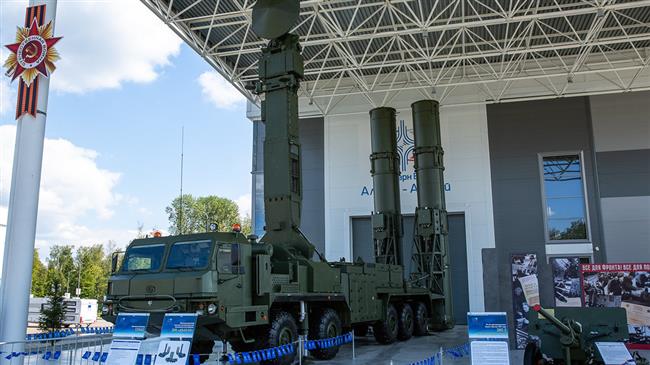
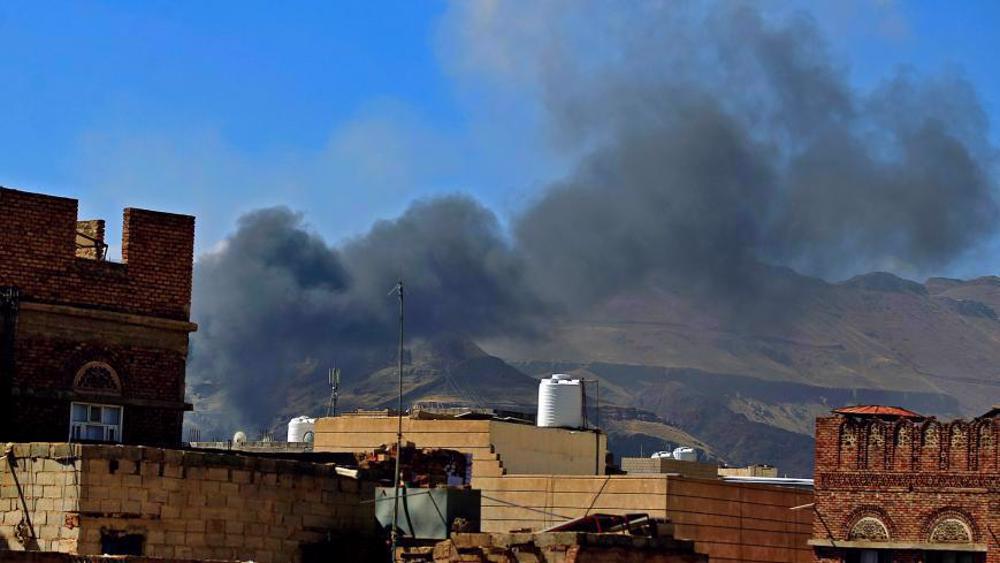
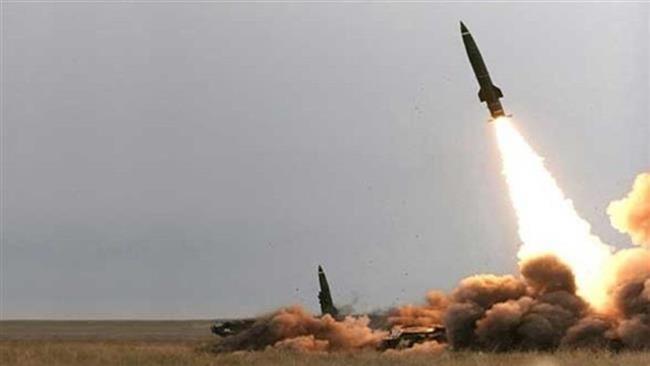
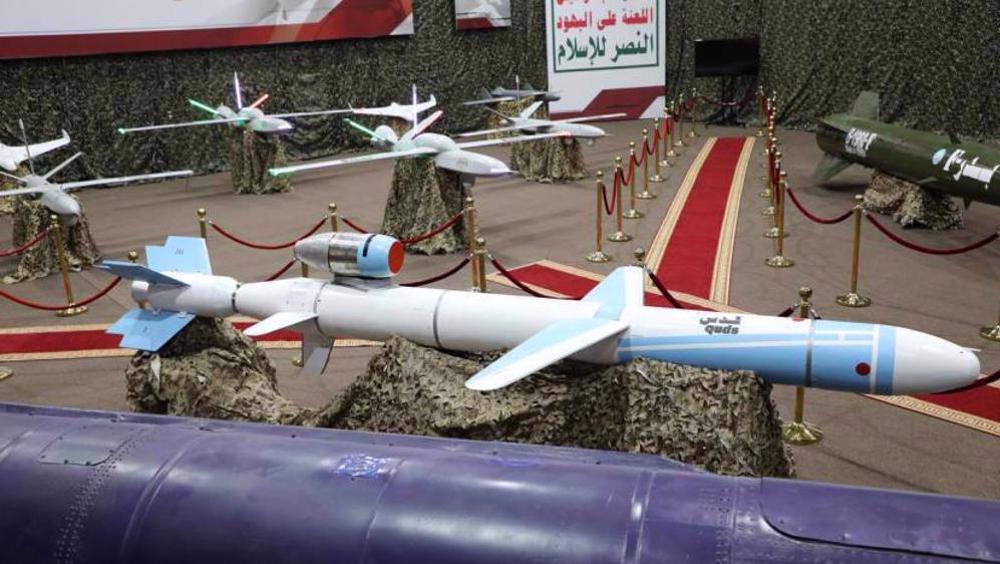
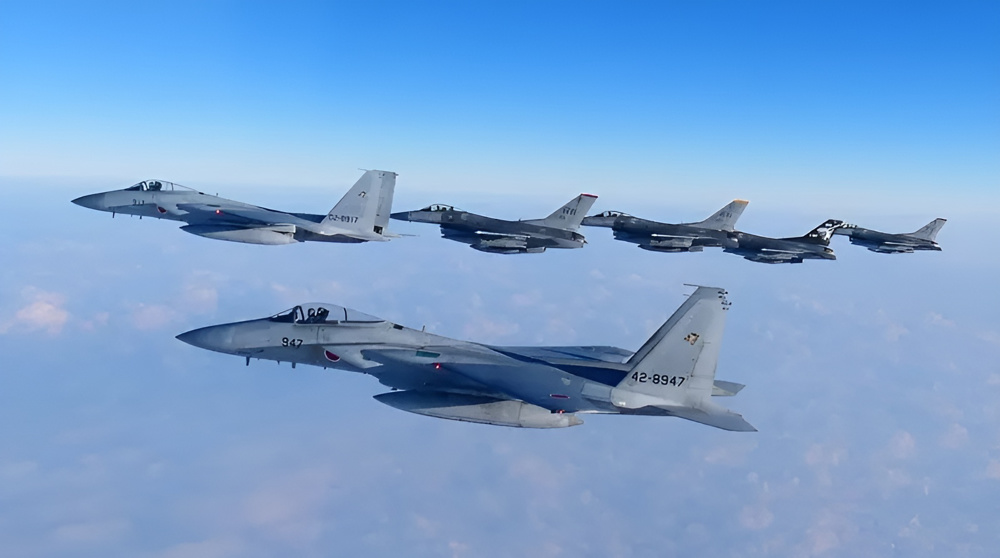
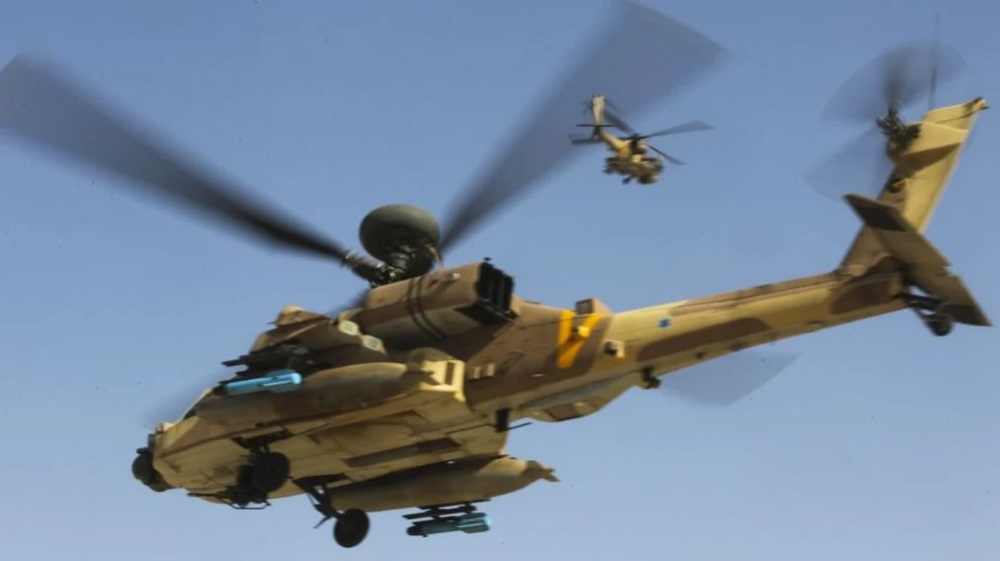
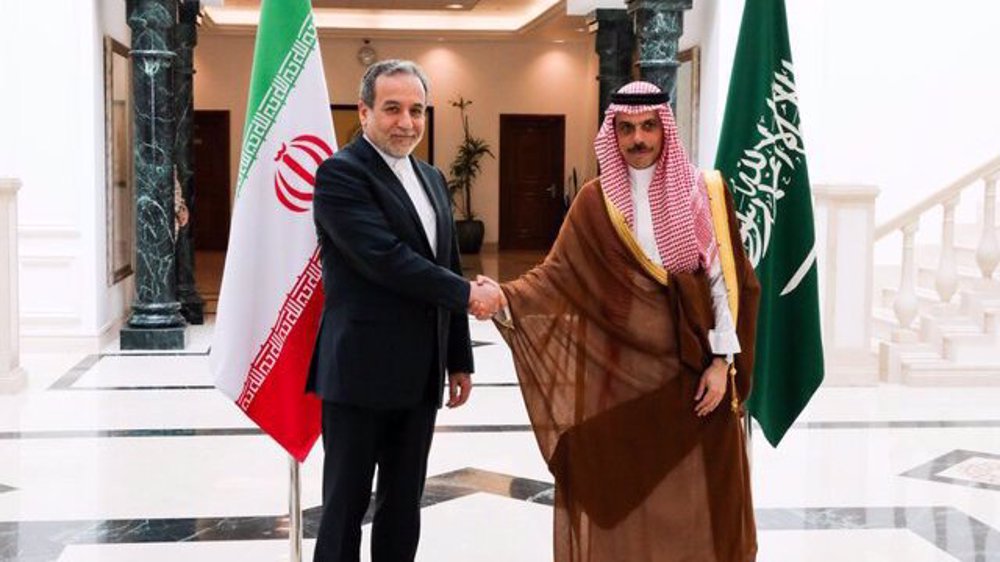



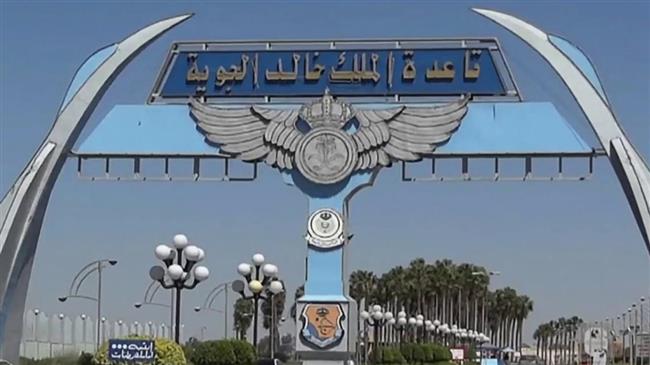
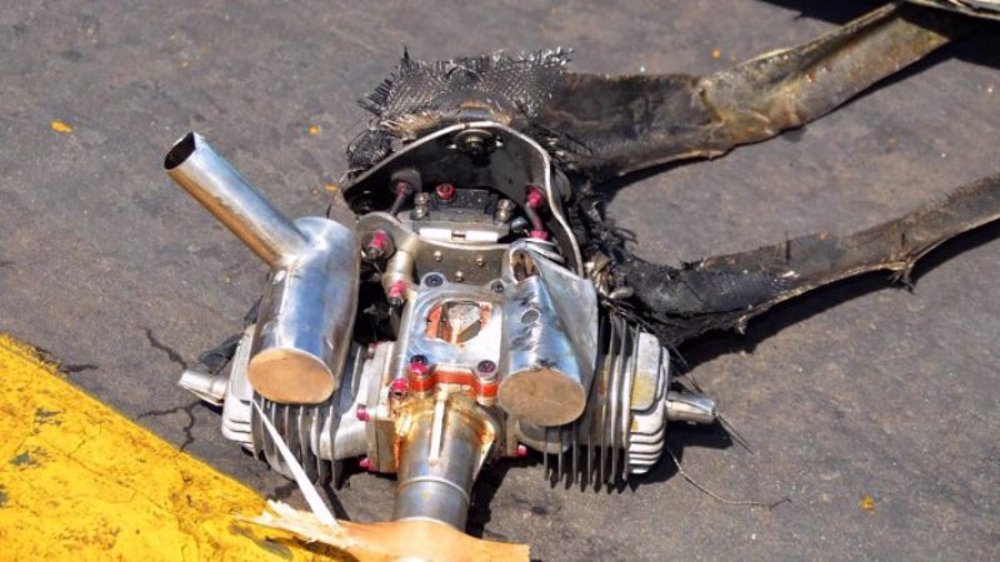
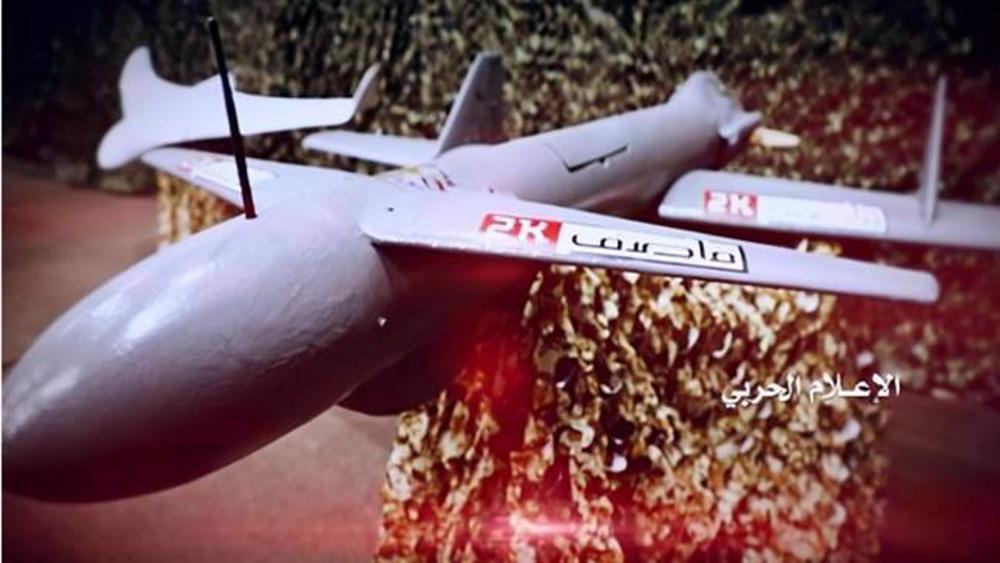
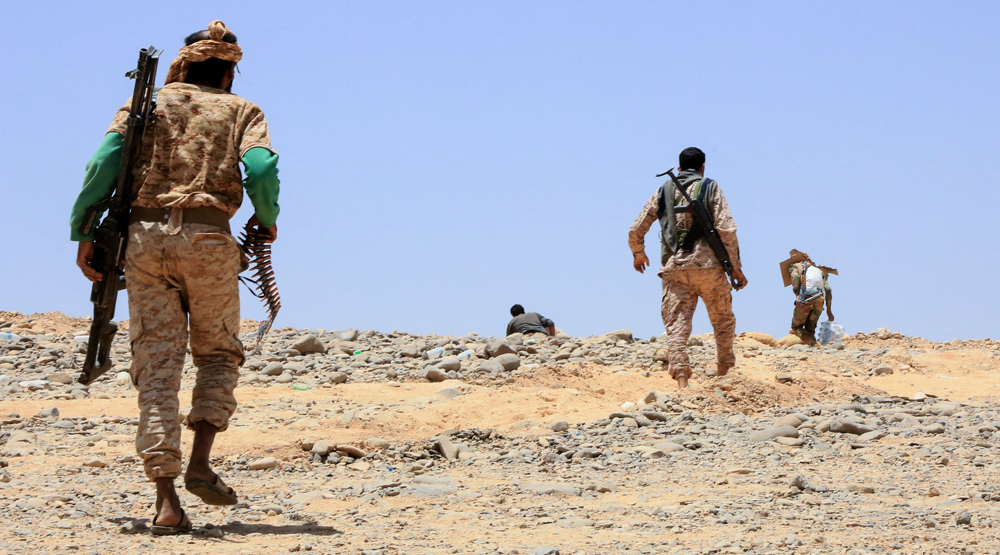
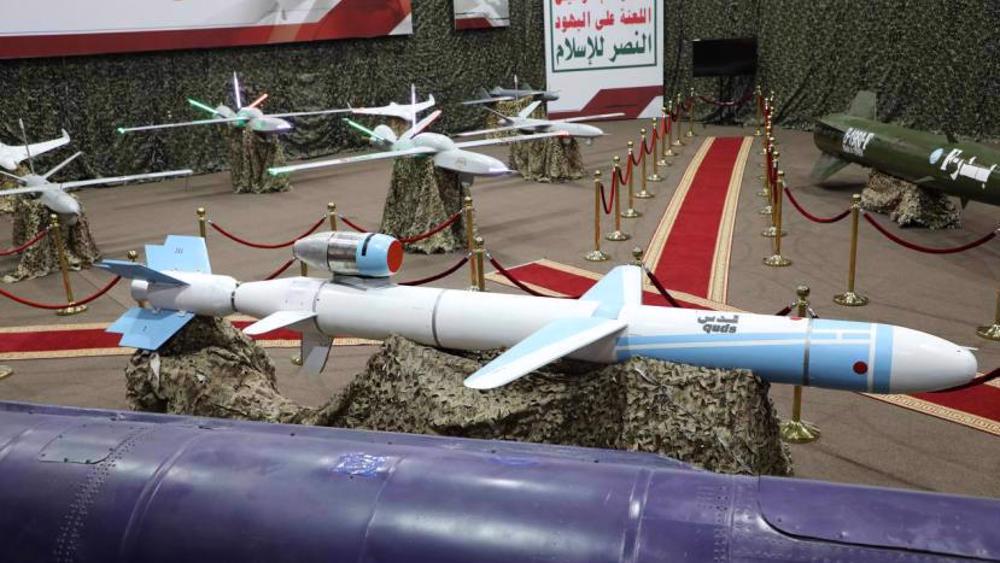
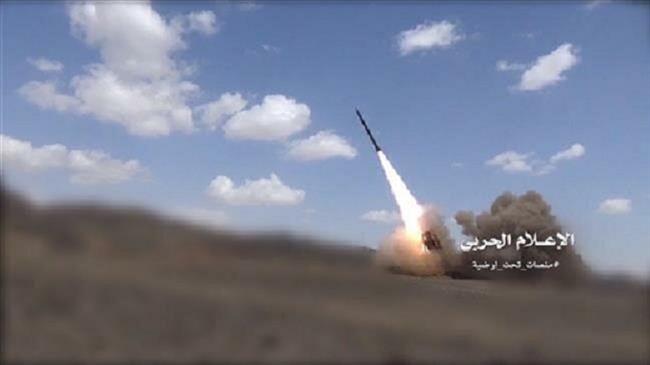
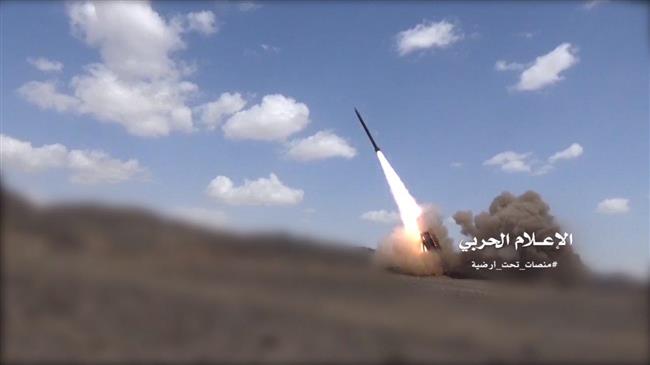
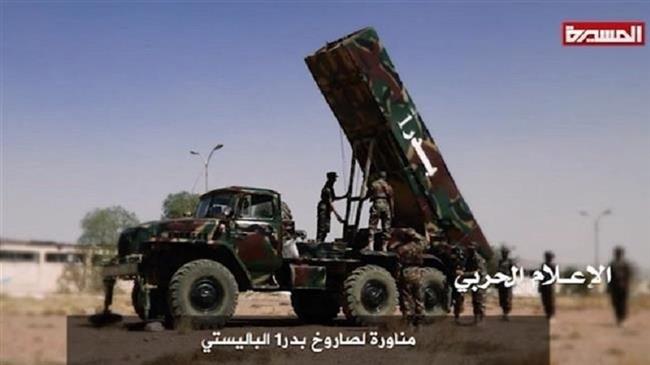

 This makes it easy to access the Press TV website
This makes it easy to access the Press TV website